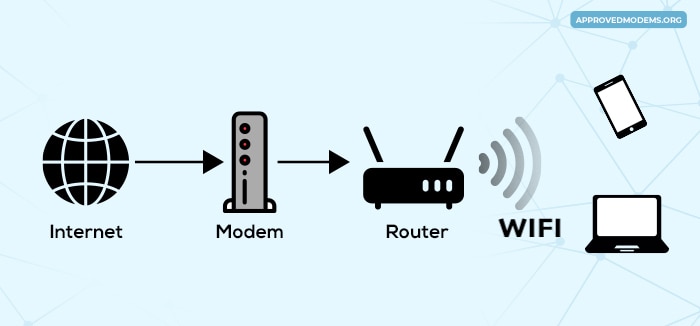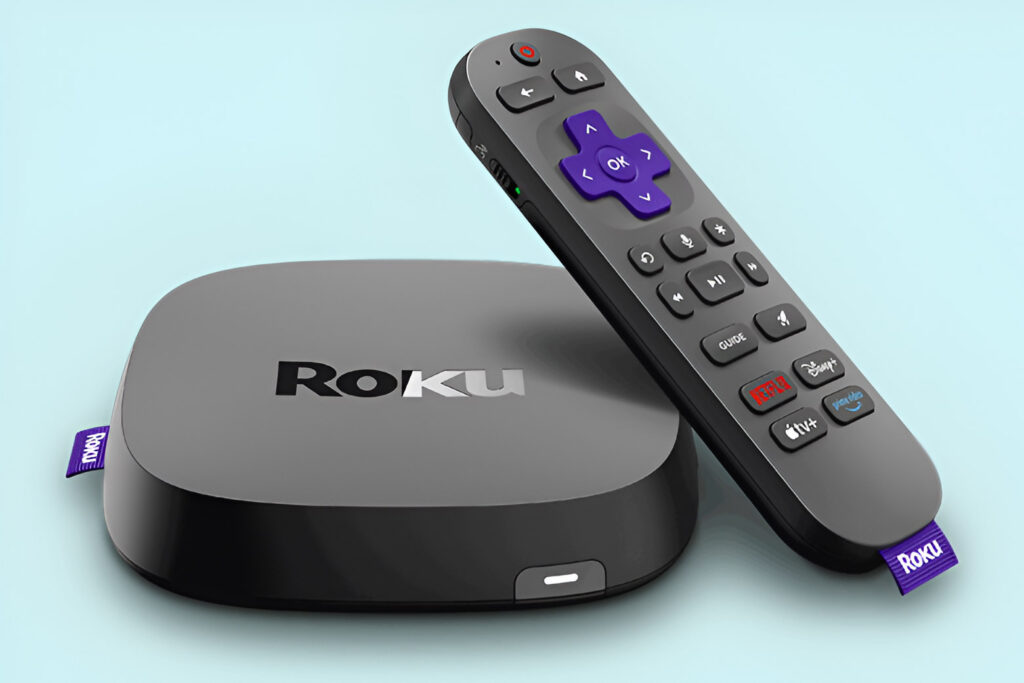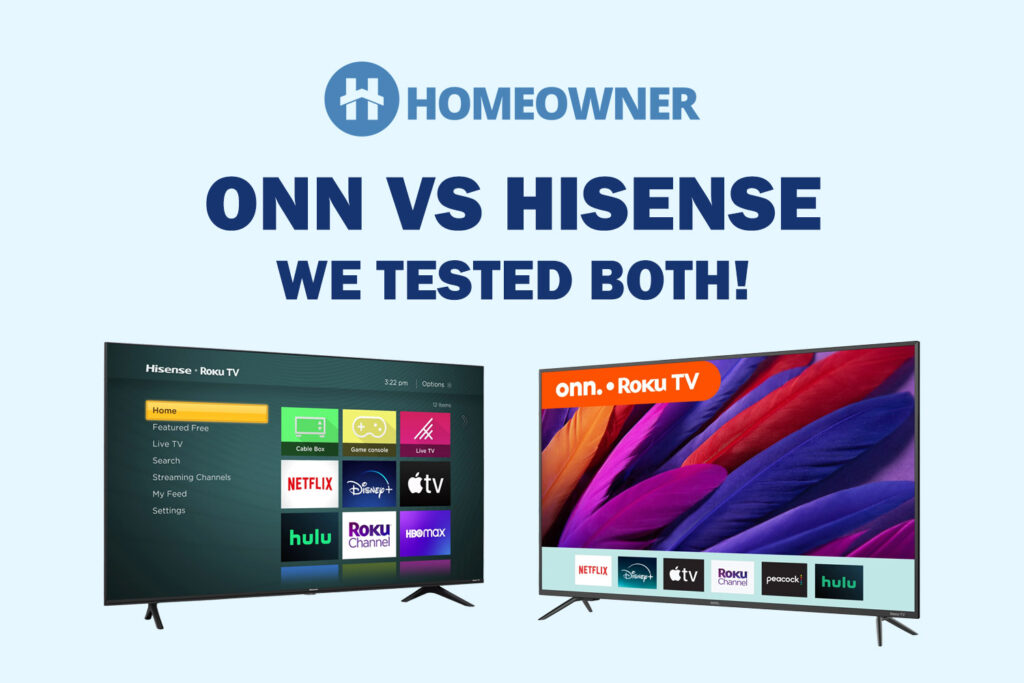We have been using the web since childhood, but many of us still don't understand the difference between WiFi and the Internet. These are two networking terms that are often used interchangeably but refer to different aspects of digital connectivity.
While they both are related to and work together to provide us with seamless online connectivity, it's essential to understand how they differ. Let's try with a visual aid:

As demonstrated in the picture above, the internet is a global network infrastructure that enables data transmission and access across different locations while WiFi is a wireless technology that allows devices to connect to a local network wirelessly.
WiFi vs Internet: Key Differences
| Differences Basis | WiFi | Internet |
|---|---|---|
| Networking technology | Wireless networking | Global network infrastructure |
| Connectivity | Connects to a local area network (LAN) | Spans the entire globe |
| Transmission medium | Radio waves | Cables, fiber optic cables, satellites, etc. |
| Range | Limited range | Wide coverage |
| Equipment Requirement | Requires a WiFi router or access point | Accessed through Internet service providers (ISPs) |
| Device Connection | Multiple devices can be connected | Multiple networks and devices can be connected |
| Network Services | Provides local network connectivity | Connects devices to global online services |
What is WiFi?
WiFi, which stands for Wireless Fidelity, is a wireless networking technology that facilitates wireless connections between devices and a local area network (LAN).
It uses radio waves to transmit data over short distances, providing wireless access to the internet and enabling communication between devices within the network.
It eliminates the need for physical wired connections, allowing for flexibility and mobility in accessing the internet and networking with other devices.
👉 Related reading: Do Routers and Modems Affect the Internet Speed?
What is the Internet?
The Internet is a global network of interconnected networks that spans the entire globe. It serves as a vast infrastructure that enables the transmission and exchange of data between millions of devices worldwide.
Through Internet service providers (ISPs), users can access various online services, communicate with others, and retrieve information from remote servers.
What is the Difference between WiFi and Internet?
WiFi and the internet are distinct yet interconnected concepts. WiFi refers to a wireless networking technology that enables devices to connect to a local network wirelessly, while the internet is a global network infrastructure that allows data transmission and access across various locations.
In simple terms, the internet is the network of networks that allows data to be exchanged and accessed worldwide. WiFi is just one of the many ways to connect to this global network.
1. Concept
WiFi: WiFi refers to the wireless networking technology that allows devices to connect to a local network wirelessly. It is a specific technology that focuses on providing wireless access within a limited range.
Internet: The Internet, on the other hand, is a global network infrastructure that connects millions of devices and networks worldwide. It is a vast network of networks that enables data transmission and access to various online services.
2. Transmission
WiFi: WiFi uses radio waves to transmit data over short distances within a local network. It operates on specific frequencies and channels to ensure the wireless transmission of data between devices.
Internet: The internet utilizes a combination of wired and wireless connections to transmit data across long distances. It relies on high-speed fiber optic cables, satellite links, and other communication technologies to establish connections between different networks and facilitate data transmission globally.
3. Connection
WiFi: To establish a WiFi connection, a WiFi router or access point is required. The router acts as a gateway, allowing devices to connect to the local network and providing wireless access to the internet within its range.
Internet: Accessing the internet involves connecting to an internet service provider (ISP) through a wired or wireless connection. ISPs serve as the gateway between individual users or organizations and the vast network of the internet.
👉 Related reading: How To Fix ‘Ethernet Doesn't Have a Valid IP Configuration'
4. Device
WiFi: WiFi enables multiple devices within the range of a local network to connect and communicate with each other wirelessly. Devices such as smartphones, laptops, tablets, and smart home devices can connect to a WiFi network for internet access and local network connectivity.
Internet: The Internet connects multiple networks and devices worldwide. It allows devices from different networks and locations to interconnect and exchange data. Through the internet, users can access websites, send emails, stream media, and engage in various online activities.
Frequently Asked Questions
No, the internet and WiFi are not the same. WiFi is a wireless networking technology that allows devices to connect to a local network wirelessly. It provides wireless access within a limited range. On the other hand, the Internet is a global network of networks that enables data transmission and access to various online services.
Yes, you need an internet connection for WiFi to work. WiFi allows devices to connect to a local network wirelessly, but to access the internet, the local network must be connected to the broader internet infrastructure. Internet service providers (ISPs) play a crucial role in providing the internet connection that enables WiFi access to the internet.
WiFi and Ethernet have different advantages. WiFi offers convenience and mobility, suitable for everyday tasks. Ethernet provides faster, more reliable speeds, making it ideal for bandwidth-intensive activities like gaming or large file transfers. The choice depends on specific needs and priorities for speed, stability, and security.
Conclusion
WiFi and the internet differ in terms of their concepts, transmission methods, connection requirements, and the scope of device connectivity. WiFi provides wireless access within a local network, while the internet connects networks globally, enabling data transmission and access to online services on a much larger scale.
Keep reading:





